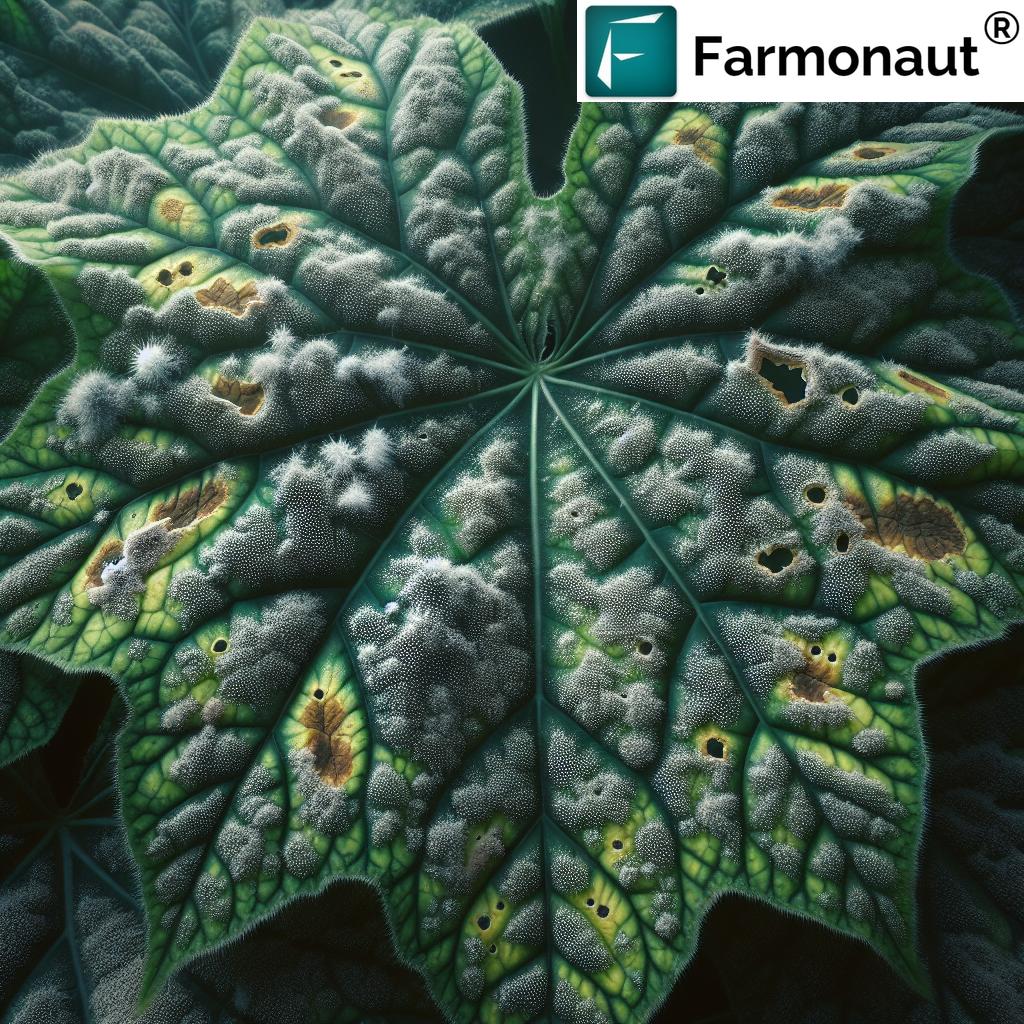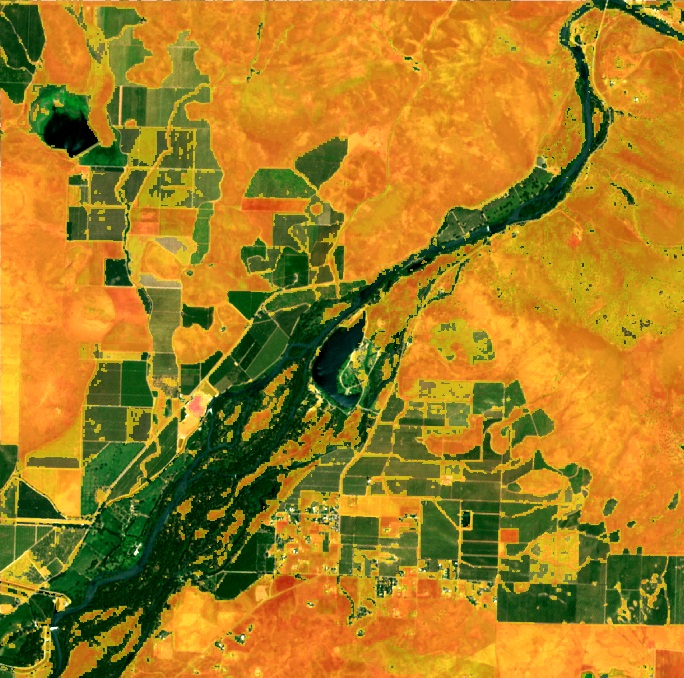Avocado Tree for Sale: Hass Care & Avocado Plant Trends for 2025 and Beyond
“Avocado orchards using tech innovations are predicted to boost Hass yields by 30% by 2025.”
Table of Contents
- Introduction: The Rise of Avocado Trees in Modern Agriculture
- Global Market Trends: Why Avocado Demand Is Surging in 2025
- Hass Avocado Tree: The Cultivation Cornerstone
- How & Where to Buy: Selecting Healthy Avocado Trees for Sale
- Optimal Avocado Tree Care: From Soil to Canopy
- Leveraging Satellite & Precision Technologies for Avocado Orchards
- Critical Pest & Disease Management for Hass Avocado Trees
- Avocado Honey: Emerging Product & Agroforestry Integration
- Sustainability in Avocado Cultivation: Environmental Impact & Solutions
- Comparative Trends & Care Practices Table: 2025 Orchard Management
- FAQ: Avocado Tree for Sale, Care, and Trends
- Conclusion & Future Outlook
Introduction: The Rise of Avocado Trees in Modern Agriculture
The avocado tree (Persea americana), especially the Hass avocado tree variety, stands at the epicenter of agricultural innovation and global food trends in 2025. With rising consumer demand, driven by cravings for fresh, healthy fat-rich fruit and the emergence of versatile avocado products like oil, honey, and spreads, the avocado plant represents a significant opportunity for farmers, agribusinesses, and investors alike.
But what makes the Hass avocado tree so special, and how are new technologies in care, monitoring, and sustainability transforming this age-old tree into a 21st-century agricultural cornerstone? In this comprehensive blog, we dive into the science, trends, and tech poised to shape avocado orchards in 2025 and beyond, equipping you with practical, actionable insights for thriving harvests and diversified orchard revenues.
Global Market Trends: Why Avocado Demand Is Surging in 2025
In 2025, the global avocado market continues its sharp upward trajectory, fueled by a convergence of dietary trends and supply chain innovation:
- Health-conscious consumers don’t just love avocados for their creamy texture, but for their nutrition-dense composition—packed with heart-healthy fats, fiber, vitamins, and minerals.
- Rising demand in Europe, North America, and Asia sees avocado-based products like avocado oil, smoothie blends, and even avocado honey gaining massive shelf space.
- The Hass variety—with its bumpy, nearly black skin when ripe—remains the preferred avocado, commanding premium prices for both fresh and processed products.
- Farmers and agribusinesses are rapidly converting new land for avocado cultivation, seeking to tap into lucrative export markets.
The culmination of these forces means that cultivating avocado trees—especially Hass avocado trees—has become a cornerstone of modern agriculture, representing a significant opportunity for those aiming to profit from the avocado boom.
“Sustainable avocado honey production could increase by 40% in orchards adopting precise plant care solutions.”
The Hass Avocado Tree: Traits, Versatility & Why It Remains the Standout Variety
Among all cultivars, the Hass avocado tree is the most popular for global markets in 2025.
- Rich, creamy texture: The fruit is beloved for its buttery, smooth flesh and mild, nutty flavor.
- Recognizable appearance: Its distinctive bumpy skin turns from dark-green to nearly black when ripe, making it easily identifiable and preferred by consumers worldwide.
- Year-round harvest potential: Hass trees can be managed to provide fruit nearly all year, maximizing orchard returns and market resilience.
- Disease resistance: Newer Hass strains exhibit improved resilience against common diseases and pests, particularly when grafted onto strong, adaptable rootstock.
- Adaptable to modern technology: Responsive to advanced orchard management systems, satellite monitoring, and precision technologies.

For these reasons, the Hass avocado tree is the top choice for planting in new or expanding avocado orchards in 2025 and beyond.
How & Where to Buy: Selecting Healthy Avocado Trees for Sale in 2025
Farmers and agribusinesses interested in expanding into avocado cultivation need to focus on the foundation: purchasing the right tree. Not all avocado trees for sale are equal. Key factors to consider:
- Source from reputable nurseries: Choose vendors with a track record for disease-free, certified Hass avocado saplings. Look for seedlings labeled with source, variety, and rootstock details.
- Adaptable rootstock: For commercial success, the grafted variety must have proven adaptability to local soils (sandy-loam preferred with pH 6.0–6.5), climate, and pest patterns.
- Ensure disease resistance: Opt for saplings bred for resistance to root rot, anthracnose, and modern threats exacerbated by climate change.
- Physical inspection: Select only healthy plants with vigorous, green foliage, no visible pests, healthy roots, and no wounds or rot at the graft point.
Pro Tip: For digital orchard mapping, traceability, and health analytics, explore advanced tools and blockchain-based traceability solutions from Farmonaut—enabling end-to-end monitoring of your avocado trees from the start.
Optimal Avocado Tree Care: Soil, Irrigation, Pruning, and Nutrition
Soil & Planting Requirements
- Soil type: Avocado trees thrive in well-drained, sandy loam soils with pH between 6.0 and 6.5.
- Drainage is critical: Avoid waterlogging; raised mounds or sloped planting rows ensure runoff and root aeration, reducing fungal infections.
- Planting density: 100 to 200 trees per acre for high-density or 60 to 80 for traditional layouts—selected per market orientation and orchard size.
Irrigation & Water Management
- Moderate irrigation needs: Avocados require steady, controlled water—especially during flowering and fruit development stages.
- Both drought stress and overwatering can negatively impact yield and fruit quality.
- Farmers are adopting drip irrigation coupled with soil moisture sensors for real-time feedback and water sustainability—essential for both economic and environmental impact.
Pruning & Sunlight Penetration
- Regular pruning is equally important: removing dead or overcrowded branches encourages airflow and sunlight penetration, reducing fungal infections and boosting fruit set.
- Target inverted umbrellas or open-center shapes to maximize canopy health and harvest accessibility.
Fertilization & Nutrient Management
- Optimal annual fertilizer regimes commonly incorporate soil tests to tailor nutrient applications.
- Nitrogen, potassium, and vital micronutrients like zinc and boron are ‘must-haves’ for proper fruit set and quality.
- Using satellite-powered nutrient management tools for large farms (Farmonaut Large-Scale Farm Management) takes guesswork out of the process.
Comparative Trends & Care Practices Table: 2025 Hass Avocado Tree Orchard Management
| Practice/Trend | Planting Density (trees/acre) |
Irrigation Method (Liters/tree/day) |
Fertilization Approach | Pest Management | Expected Yield (kg/tree/year) |
Suitable Climate Zone |
|---|---|---|---|---|---|---|
| Traditional Care | 60–80 | 40+ | Annual, broad-spectrum (NPK) | Chemical sprays (based on schedule) | 60–90 | Warm subtropical |
| Tech-Enhanced Precision Care | 100–200 | 20–30 (sensor-based, drip) |
Soil/leaf tests, tailored micro-nutrients, monitored via satellite | Integrated Pest Management, real-time alerts (AI/satellite) | 100–130 | Subtropical to Mediterranean, adaptable via microclimate mapping |
| Sustainable Honey Integration | 80–120 + beehives/acre | 25–35 (drip & moisture monitoring) |
Organic/mineral blends, compost addition | Biological controls, pollinator-friendly practice (pollinator increase: 35-45%) | 120–140 (+ honey harvest 10–30kg/acre) | Mild subtropical, mixed-use lands |
For advancements in apiary management, traceability, and orchard mapping, solutions like Farmonaut Traceability make workflow management and harvest documentation seamless.
Leveraging Satellite & Precision Technologies for Avocado Orchard Management
Modern avocado cultivation thrives on data-driven decision-making. Technologies like multispectral satellite imagery, real-time crop health alerts, and AI-powered nutrient recommendations offer next-level returns on investment, especially at commercial scale.
-
Satellite crop monitoring: Platforms like Farmonaut deliver NDVI (Normalized Difference Vegetation Index), soil moisture, and crop stress overlays, allowing instant detection of underperforming zones.
Discover how Farmonaut Large-Scale Farm Management streamlines orchard health, irrigation, and fertilization, cutting losses by 15–20%. - Smart irrigation: Sensor-integrated or satellite-fed systems ensure each tree receives precise water volumes, reducing waste and maximizing fruit quality.
- AI advisory systems: Our platform’s Jeevn AI delivers weather alerts, pest pressure advisories, and custom care recommendations in real time.
- Blockchain traceability: Meet compliance and premium market demands by tracking every input, yield, and harvest via secure, digital records.
To further enhance supply chain transparency and crop insurance eligibility, explore satellite-based crop loan and insurance solutions for avocado orchards—lowering financial risk for growers and lenders alike.
Critical Pest & Disease Management in Avocado Tree Care (2025)
Effective pest management is a non-negotiable for profitable hass avocado tree orchards.
- Key challenges: Avocado thrips, persea mites, and anthracnose have all intensified due to changing climate patterns, leading to higher baseline yield losses in untreated orchards.
-
Integrated Pest Management (IPM):
- Early detection: Satellite and AI-driven scouting scan for hotspots before visible symptoms appear.
- Minimal chemical use: Biological controls, precision sprays, and beneficial insects limit resistance and residue risks.
- Pruning and canopy management: Proper airflow discourages pests and pathogenic fungi from establishing.
Learn more about pest monitoring in real time—see how precision agriculture reduces chemical footprint in avocado and other high-value crops.
Value-Added Products: Avocado Honey Production & Agroforestry
The rise of avocado honey in 2025 signals a new era of orchard profitability and ecosystem sustainability:
- What is avocado honey?—Beekeepers place hives in avocado orchards during flowering; bees harvest nectar primarily from avocado blossoms, yielding a rich, dark honey with notes of molasses and high antioxidant levels.
-
Orchard benefits of integrating honey production:
- Pollinator presence increases fruit set by 10–35%, enhancing yields.
- Farmers diversify their income by selling avocado honey as a premium product, common in natural cosmetics and gourmet food segments.
- Agroforestry systems improve orchard ecology, supporting both biodiversity and long-term soil health.
-
Traceability bonus: Modern traceability platforms, like those provided by Farmonaut, allow apiary-produce tracking from field to shelf—essential for entering export markets and gaining organic or clean-label certifications.
Explore how to implement advanced traceability for honey and fruit products via Farmonaut solutions.
Sustainability in Avocado Cultivation: Reducing Environmental Impact
With the avocado sector’s rapid expansion, sustainability is now inseparable from profitability and long-term viability.
Water Use & Smart Irrigation
- Drip irrigation and real-time soil moisture monitoring are mainstream in forward-thinking orchards, minimizing waste and maximizing yield.
- Breeding for drought-tolerance: The search for drought-resilient Hass variants is accelerating; current selections show 10–18% lower water requirement per kg of fruit in trial settings.
Agroforestry & Biodiversity Preservation
- Integrating native plants: Mixed orchards with cover crops and hedgerows support pollinators, beneficial insects, and build long-term soil fertility.
- Carbon sequestration: Healthy avocado trees are valuable carbon sinks. For those seeking to participate in emerging carbon markets, measuring, documenting, and verifying sequestration is now streamlined with resource management tools—see Farmonaut’s carbon footprinting service.
Compost, Organic Inputs & Reduced Chemical Dependency
- Organic and remineralized fertilizers: These replace synthetics, reducing run-off and improving soil structure and orchard resilience.
- Blockchain-enabled input traceability: Increasingly required for organic and premium export markets.
Environmental Monitoring for Compliance & Markets
- Regulatory compliance is growing stringent worldwide. To verify sustainability credentials, integrate satellite-based orchard monitoring via Farmonaut API in your ERP or management system. See the developer docs here for automated reporting and compliance tools.
Frequently Asked Questions (FAQ): Avocado Tree for Sale, Care, & Market Trends
1. Why is the Hass avocado tree so dominant among varieties for sale?
The Hass avocado tree offers superior flavor, creaminess, tough bumpy skin for transport, and a long harvest window. Its year-round marketability and adaptability to modern care systems make it the top choice for global farmers.
2. What is the best care strategy for young avocado plants?
Concentrate on well-drained soils (sandy loam, pH 6–6.5), moderate irrigation (never waterlogged), and regular soil testing to tailor nutrition. Early pest and disease vigilance is essential—use mulch, clean tools, and monitor new flushes.
3. What is avocado honey and how does it benefit my orchard?
Avocado honey is made from nectar collected from avocado flowers. It is rich, dark, and high in antioxidants. Its production not only delivers extra orchard profit, but more pollinators also boost avocado fruit set and overall yield.
4. How can satellite technology and precision agriculture boost my avocado orchard’s performance?
Satellite technology, like that offered by Farmonaut, allows continuous health, soil, and stress monitoring for each orchard zone. Coupled with AI recommendations and traceability, it optimizes input use, reduces risks, and enhances compliance for export markets.
5. What are the most significant sustainability steps for avocado production in 2025 and beyond?
Adopt drip irrigation, precision nutrients, pollinator integration (honey), and agroforestry. Document practices using digital traceability platforms and carbon footprinting tools—essential for accessing premium and niche markets.
Conclusion & Future Outlook: Avocado Trees, Hass Care, and Technology Innovations to Watch
The avocado tree, led by the Hass avocado tree variety, continues to represent not just a profitable crop, but a symbol of innovative, responsible agriculture as we approach 2026 and beyond. Successful cultivation in this era hinges on the integration of modern technologies, from real-time satellite crop monitoring and AI advisories to advanced traceability and sustainability solutions.
Value-adding extensions such as avocado honey production and agroforestry systems are elevating orchard potential above and beyond fresh fruit markets. For farmers and agribusinesses, the future is bright—if coupled with informed, data-driven avocado tree care and a focus on environmental stewardship.
Ready to transition your avocado operation into the next era of productivity and sustainability? Get started with Farmonaut’s real-time crop monitoring and traceability platform, or explore our developer API for integrations with your existing farm management systems.












